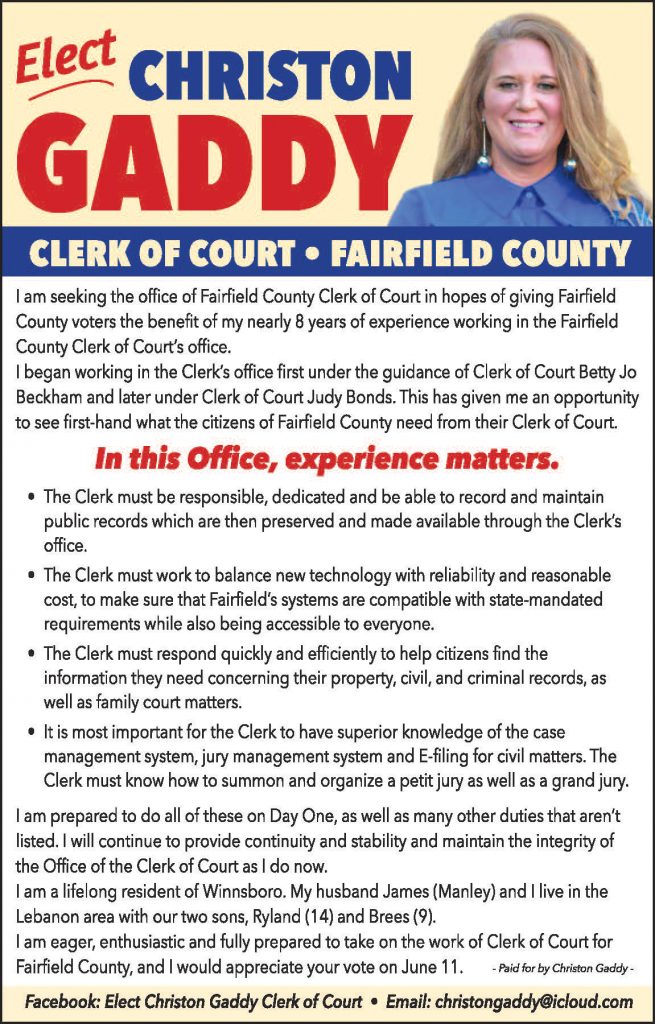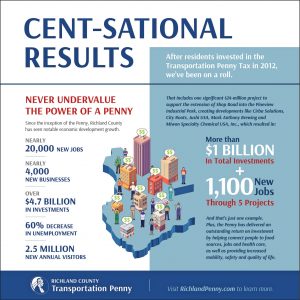Blythewood High School’s Class of 2012 lost 43 points on their composite SAT scores, according to data released this week from the College Board through the S.C. Department of Education, falling from 1409 in 2011 to 1366 in 2012.
Numbers were down for graduating seniors in high schools across the Richland 2 School District, with the district’s composite scores as a whole falling 39 points between 2011 and 2012. Statewide, the average SAT composite score for all graduating seniors was 1431, down 5 points from 2011. In the public school sector, seniors graduating in South Carolina scored a composite of 1422, also down 5 points from 2011. The national average was 1477, down 4 points from 2011.
Blythewood tested 66 percent of its seniors in 2012, above the state public school average of 52 percent. Graduating seniors at Blythewood High lost 15 points in the critical reading category, 13 in writing and 14 in math.
Graduating seniors in high schools across the district also experienced a drop-off. Richland Northeast, which tested 62 percent of its seniors, lost 20 points in critical reading, 17 points in writing and 12 points in math. Ridge View test takers lost 14 points in critical reading and 9 points in math, while breaking even in writing. Spring Valley test takers lost 17 points in critical reading, 10 in writing and 10 in math.
As a district, Richland 2 tested 65 percent of its seniors, who lost 17 points in critical reading, 11 in writing and 12 in math. Richland 1, meanwhile, saw their composite scores edge up 4 points from 2011, from 1343 to 1347. Although test takers there lost 4 points in writing, they gained 2 points in both critical reading and math. Neighboring Fairfield County School District lost 27 points on composite scores between 2011 and 2012.
The Marion 7 School District lost 151 points in 2012, while Clarendon 2 lost 126. Greenwood 51 made the most gains in South Carolina, lifting their composite scores by 80 points.
Mick Zais, State Superintendent of Education, raised issue with the state’s lagging scores, particularly in critical reading and writing.
“Like the other college admission test ACT, the SAT is not a measure of school effectiveness,” Zais said. “However, within the student population taking the SAT is another data point confirming a troubling trend: there is a wide reading gap between South Carolina and the nation.”
The state average for critical reading was 477, math was 487 and writing was 458. The national averages were 491 for critical reading, 506 for math and 481 for writing.
“Addressing the reading gap in elementary school must be our top priority because reading is fundamental to everything else in a student’s education,” Zais said. “If students cannot read, they will not succeed in school. To accomplish this goal, we must transform education from a one-size-fits-all system to one that delivers a personalized and customized education to each student.”
All South Carolina colleges and universities accept either SAT or ACT scores for admission. The five South Carolina universities receiving the most scores from all South Carolina SAT test-takers were the University of South Carolina (Columbia), Clemson, College of Charleston, Coastal Carolina, and Winthrop. Eighty-nine percent of the state’s SAT participants said they hope to earn a two-year degree or higher in their postsecondary career. Their most popular fields for majors are Health Professions, Business, Engineering, Visual and Performing Arts, and Education.












